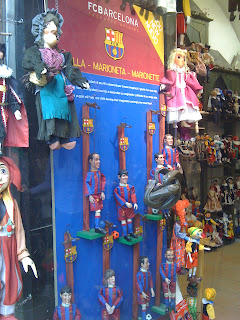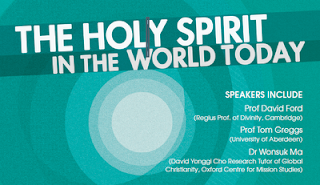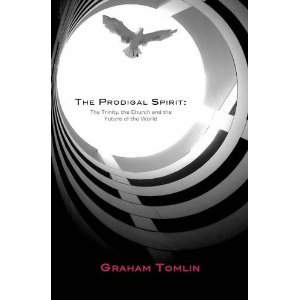A Big Christianity - beyond Cameron and Chaos

It’s taken me a while, but I’ve been thinking a bit about David Cameron’s recent foray into religion. It received a bit of a mixed reaction from all sides, including the usual rants from the atheists, but also perhaps a surprisingly lukewarm response from Christian voices. Some liked his reminder of our Christian heritage, some thought it was unrealistic given the levels of secularism we now have, some felt his vision of Christianity was too moralistic. I also read a piece by George Monbiot recently in the Guardian about what he called “The great political conflict of our age – between neocons and the millionaires and corporations they support on one side, and social justice campaigners and environmentalists on the other. ” and a lightbulb went on in my mind connecting the two pieces. David Cameron’s version of Christian faith is one of standards, morality, maintaining order and uprightnesss. It is typical of a more right-of-centre appreciation of religion for bringing order an...










